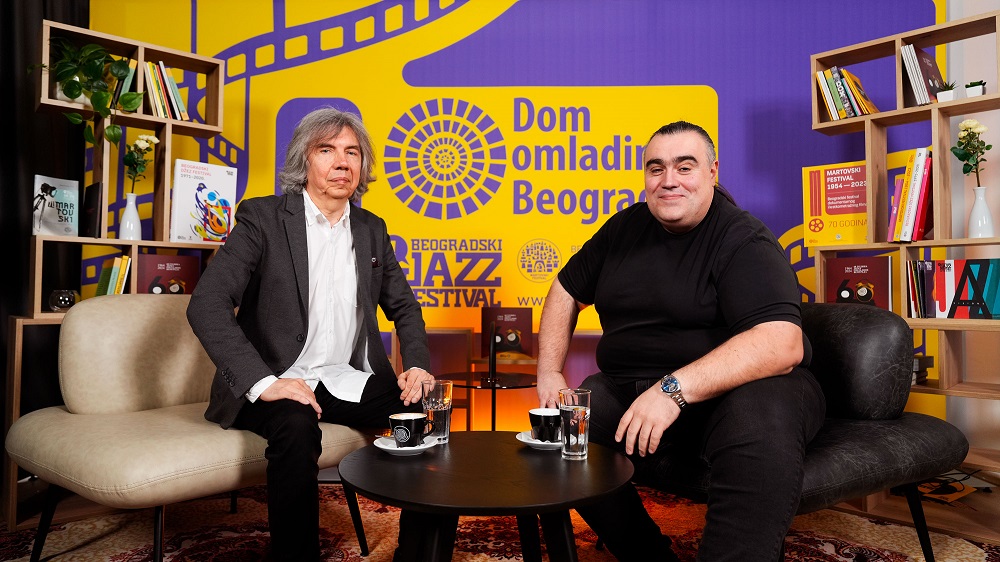How to win Eurovision: Tips of experts – BBC News in Serbian
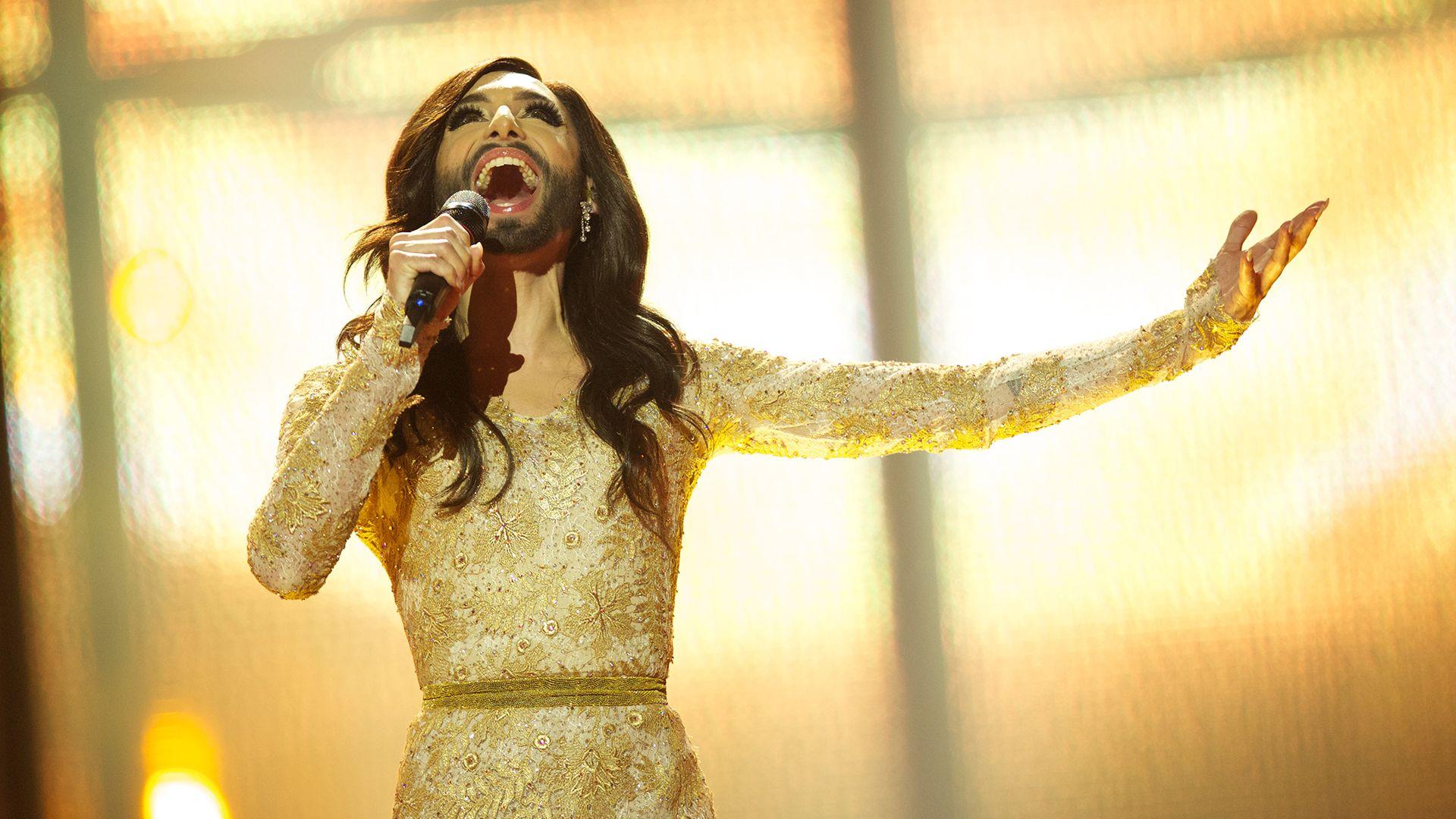
Last year’s choice for Eurovision song followed about 163 million viewers, which means that there is potentially many different opinions on what the perfect performance should be.
Is the right path of an emotional ballad, filled with messages of love and peace that will surely delight eyes?
Or is a better choice of forced, glamorous performance, complemented by seductive variations of traditional costumes and a stage spectacle that terrifies the entire continent (and Australia) to play on living rooms?
The perfect song
Joe Benet, forensic musicologist from Boston’s music college in Boston, in the United States (US), analyzed hundreds of Eurovision finalists and determined two dominant musical style.
One is so called Euro-madhouse – Songs of rapid pace (more than 120 bits per minute), with a pronounced rhythm of drums and sint-pop arrangements, such as the winning songs of Sweden Euphoria (Lorin, 2012) and Heroes (Mons SELMERLEV, 2015).
The second is a sporing ballad, mainly tempo about 70 bits per minute, such as Portugon winning song Amar Pelos Dois Salvadora Sobrala, 2017 years and Arcade Dutch representative of Duncan Lawrence, who won the 2019. years.
There is a cliché that the songs in Eurovision should always talk about love and peace, and the opinion should sound the perfect Eurovision song is further supported with a track Love Love Peace Peacewhich was performed in the revival part of the 2016 competition. years.
Benet believes that there are truths in that, because almost every Eurovision song follows one of six basic themed categories: « love, unity, self-affiliating, entertainment, history, and songs on how music arises.
« They pass songs very well that celebrate personal strength and self-confidence, » which confirms the winning song of Austria from 2014. years, Rise Like a Phoenixwhich was performed by the Dear Queen of St. Vurst, adds Bennett.
Simple and effective stage performance
Although many performers want to impress with lavish scenography, experts warn that this is not always a combination.
Composer Tomas Stengard, co-author of Denmark winning songs from 2013. years, Only Teardropsas well as songs What the hell just happened performed by the group Remember Monday, The representative of the United Kingdom (UK) at this year’s competition, attributes its success just a simple performance that was easy to pray.
« If you gave the child to drift that scene, it could be easily done.
« It was a barefoot girl, two guys for drums and one who plays the flute.
« Very simple, but effectively. »
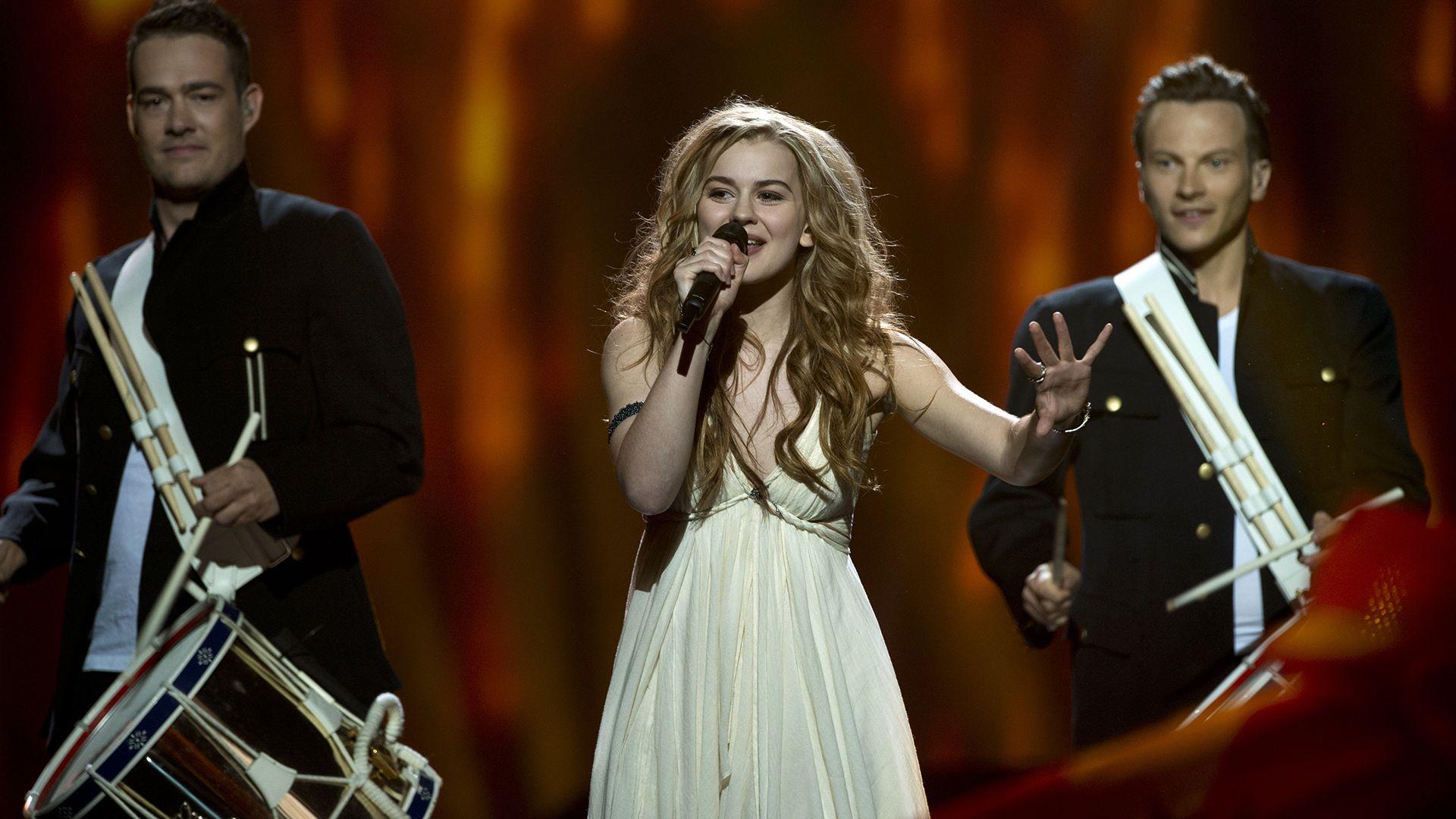
The Vocal Tracksuit Keri Grant agreed with this in 2014. was at the head of the UK Jury, and in 1983. is as a member of the group Sweet Dreams took the sixth place in Eurovision.
« There is nothing worse than the artist who has a scene for which a lot of money has been spent, and the performance is not at that level, » she says.
« That’s why the whole performance can look like worse. »
Her personal favorite is the Drug Queen’s Perfect Vurst 2014, which was the first winner since 1970. which without accompanying singers and players on stage.
What was extracted from the other competitors is what the Dear Queen with a beard.
Keri Grant believes that the events of Eurovision love unusual things, as well as everything that « celebrates the LGBT community ».
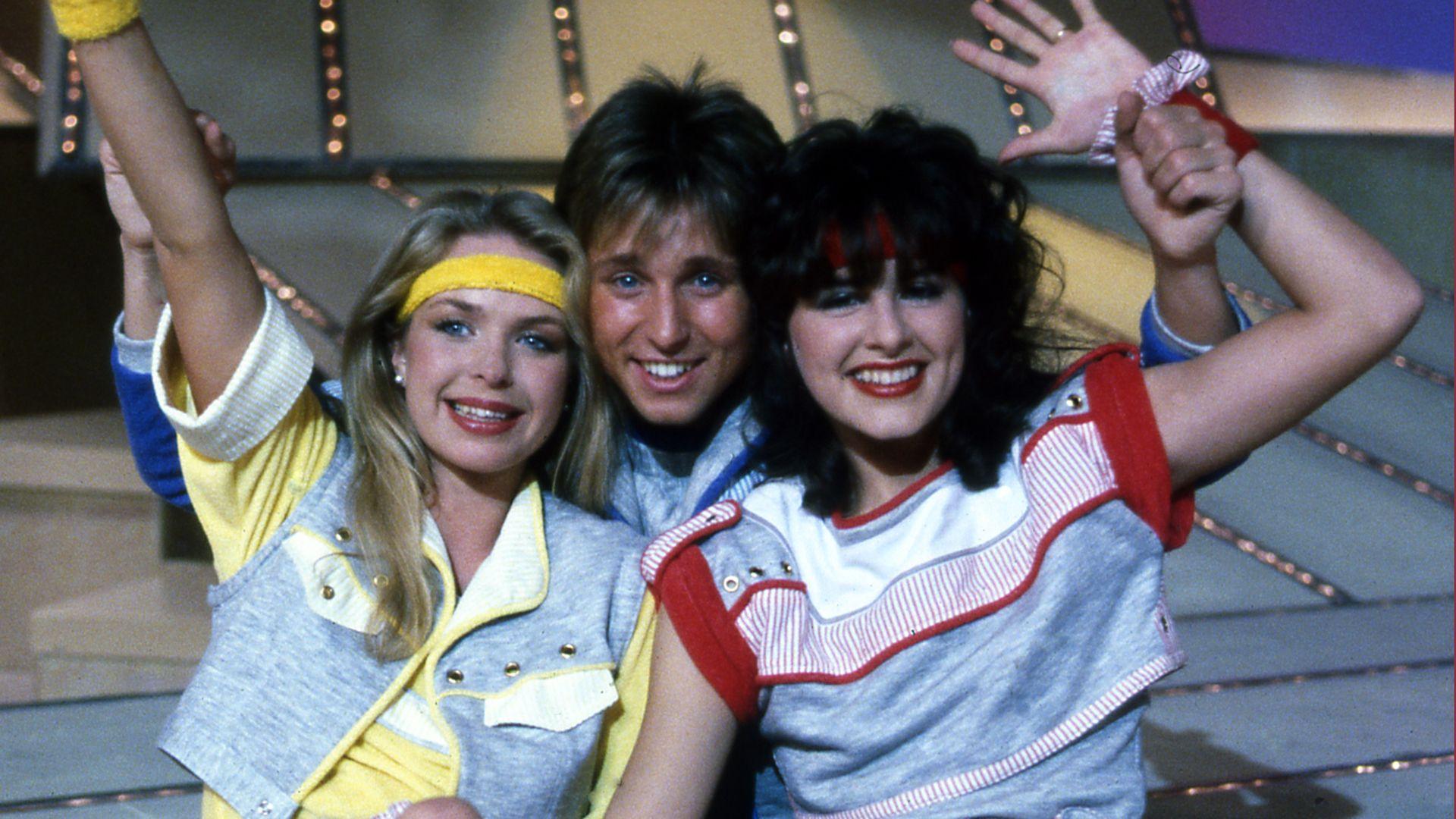
However, it adds that the statement was not just a fora, but a « extraordinary singer who could perform what in the vocal training we call ‘moments to remember' ».
Tone is key
The malls of malls are increasingly predominant in the Eurovision Song Contest.
Benet is not agreed with a simplified opinion that « Dur depicts happiness, and mol sorrow », and explains that « MOL is just a simple way of expressing an emotional depth. »
According to the data of the Multimedia Information Agency Pres Association, as much as 85 percent finalists in 2023. Years carried out the sad, Molske poems.
In the last 20 years, only two songs were beaten in major scales – Running Scared 2011 (Azerbaijan) and Amar Pelos Dois 2017. years (Portugal).
Professor Elizabeth Helmut Margjulis, who explores the art and aesthetics of music at the University of Prinston in the United States, emphasizes the importance of the manner of understanding, that is, connects sound with the context of the song.
For example, several tacts of techno music immediately creates a scene of the dark nightclub and type Di-Jeja who performed there.

Therefore, certain malls today immediately in the audience provoke an association to « Eurovision sound ».
What the hell just happenedthis year’s song song Remember Monday It was created during a camp writing camp, where several authors cooperated on creating a perfect track for this year’s UK representative.
The song was deliberately composed at the Dursy Skala tones to extract in the sea of mold songs, similar to the song Space man (in B major), which brought another place to the UK Reider to the Rajder. years.
Surprise is a good trump
The repetition is important for the song to be remembered, says Margjulis, but adds that excessive repetitiveness should be avoided.
Margjulis believes that the song becomes really contagious when « not only often hears, but also when it contains some unexpected surprise ».
The classic example is Making Your Mind Upa song that is a pop group Bucks Fizz brought the UK victory in 1981. years.
The song was a variable tonality, and then the group performed an unforgettable point of change of bones – the bands of the band are a long skirts below which were mini-skirts, which was also a visual and musical surprise.
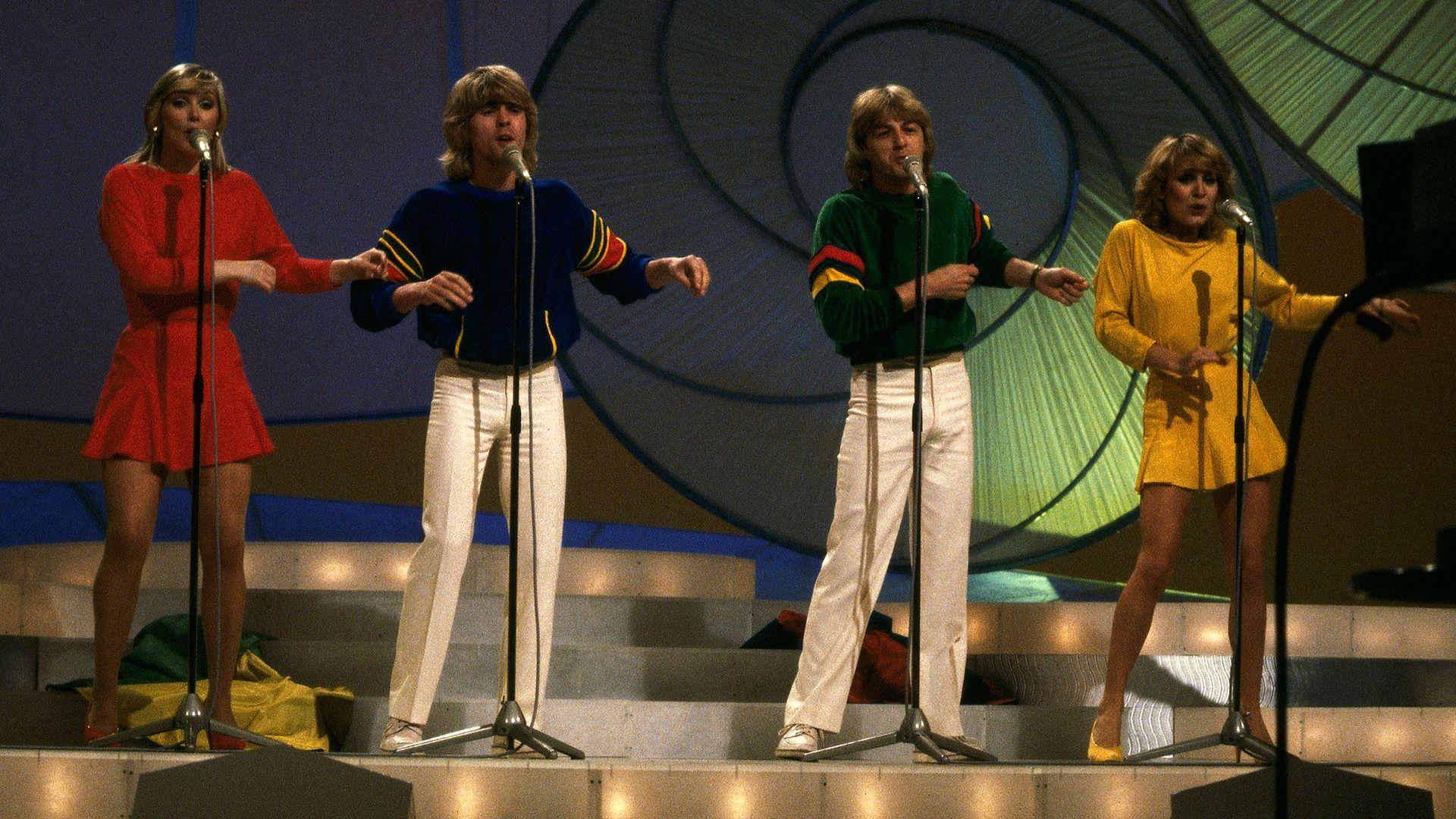
Earlier winning songs of Eurovision were often ridiculed for meaningless verses, such as Diggi-Loo Diggi-Leywhich Sweden won 1984. years, but Benet claims that it only confirms what the importance of Eurovision attaches melody.
« Eurovision really needs strong, memorable melodies.
« You want people to sing that melody throughout Europe. A refrain that is easy to understand and contagious » is necessary.
The change in the tonality was a long way to introduce newspapers to Eurovision songs.
This formula was applied in 2000 in several winning songs, including Fly on the Wings of Love Olsen Brothers (Denmark, 2000) as well as Prayer Mary Serifovic (Serbia, 2007).
But Benet points out that even though this arrangement has about fifth songs that are placed in the finals, no songs that has a change in the final refrain not winning Prayersalmost 20 years ago.
The song that Stengard wrote for this year’s UK representatives, Remember Monday, is certainly full of surprises.
Mark Sevidge, BBC Music Journalist, described the song as a « dizzy combination of change and temp changes ».
That song is actually an author’s answer to a question that always puts itself when creating for Eurovision:
« How do you point out in the competition where everyone wants to stand out? ».
The BBC in Serbian is from now on and on the morning, follow us Here.
Follow us on Facebook, Twitter, Instagram, Jutjubu and Vajiberu. If you have a topic suggestion for us please contact (Email Protected)

